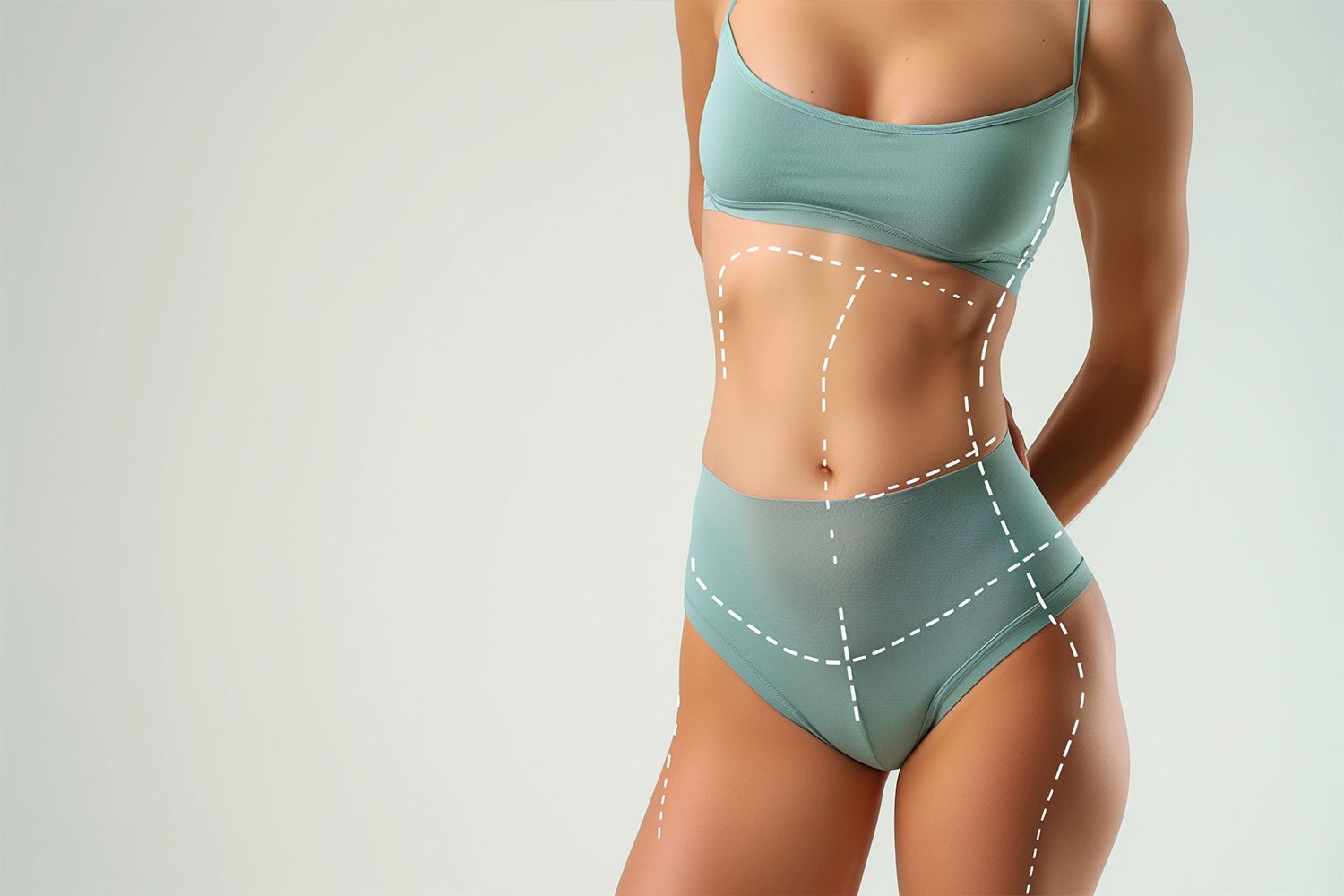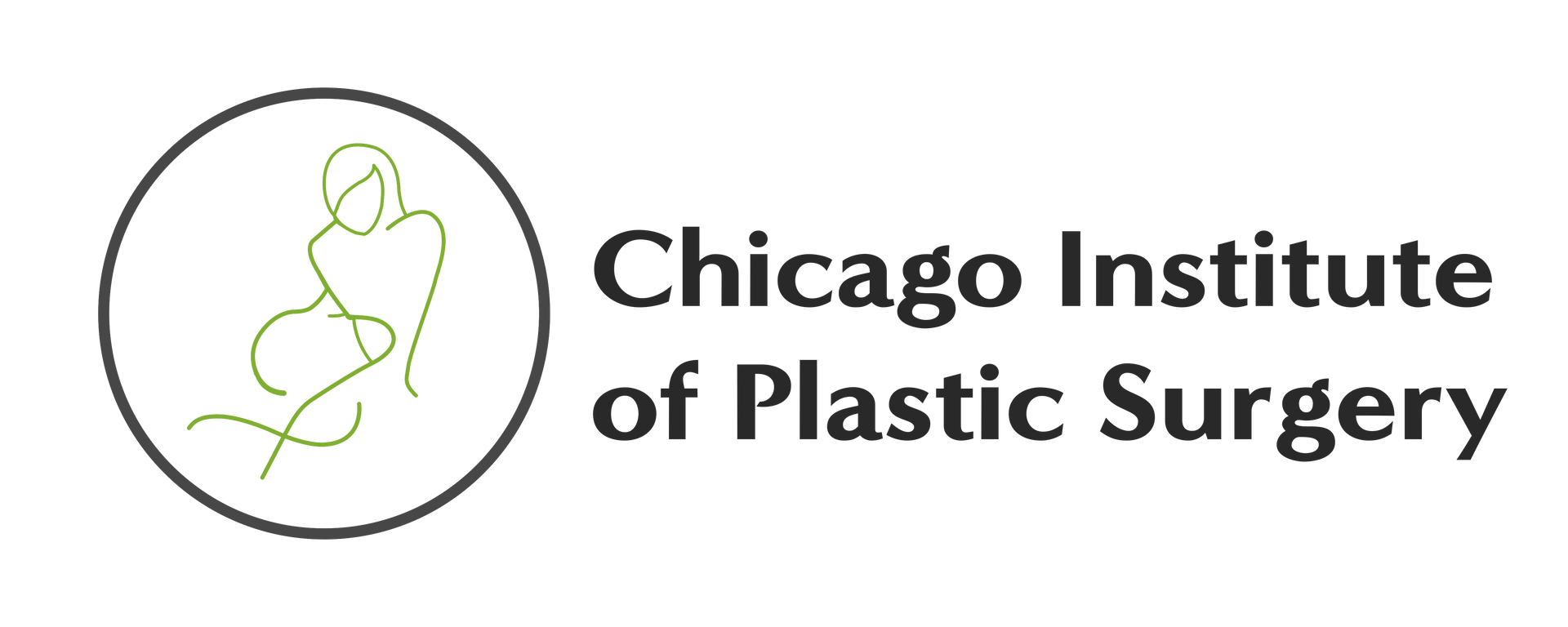What are the Things You Should Know About Cheek Implants?
- By Nirav Patel
- •
- 08 Aug, 2022
- •

Our cheeks lose volume as we age and occasionally start to sag. Losing confidence as a result of this is possible. We specialise in cheek augmentation at Ci Plastic Surgery Clinic to make everyone satisfied with their appearance. To find out if you are a candidate for cheek implants, continue reading….
What does Cheek Implants mean?
The projection of the cheekbones can be improved with cheek implants. These firm implants give the cheeks' flat or sunken areas more volume. For their cheek implants, some patients favour autologous fat transfer therapy. In place of an artificial implant, fat is transferred from the patient's body and extracted from areas like the buttocks or lower abdomen to give volume to the cheeks.
Benefits of cheek implants
Because the outcomes are far more predictable, cheek reduction surgery is typically more advantageous to patients than cheek augmentation. Your body may metabolise part of the fat that is deposited to your cheeks to enhance their volume. The outcomes of your treatment might not be as obvious as you had hoped, in which case you might require a second procedure to graft and transfer additional fat.
5 Signs - cheek implants might be right for you
To discover if your a good candidate for cheek reduction surgery, have a look on the below steps:
1. Good general health
Prior to the procedure, any candidate for these implants must be in good health. Any existing medical issues you may have, particularly those that could affect your hearing, must be disclosed to our surgeons. You must not have skin that is too thin for the treatment, and some bone problems may preclude someone from having this type of surgery. You must be in generally good health to be a candidate for cheek implants, and this includes having healthy skin, bones, and ears.
2. Have a positive outlook
Being a good candidate requires you to keep a positive attitude and to be realistic about what this surgery can help you achieve. Instead of achieving ideal facial balance, procedures like this one aim to enhance self-confidence and face symmetry. It is crucial to be emotionally and psychologically strong.
Fortunately, this operation has a rather quick recovery period; you'll leave our office the same day as your procedure and simply need to come back to have the sutures taken out.
3. Want a permanent solution for sagging skin
Cheek implants are frequently used to treat problem regions that arise in older adults. These consist of:
● Hollowing out of cheeks
● increased nasolabial folds
● loose jowls
● under-eye hollows or sagging skin
Age causes the nasolabial folds, which are wrinkles that begin on either side of the bottom of the nose and extend to the corners of the mouth. When people are fatigued, their under-eye area frequently sags and feels like crepe paper. This is where bags appear. As we age, the cheeks themselves gradually lose volume, giving them a hollow appearance. The rest of the skin on your face is supported by your cheeks as well, which is why the jowl line will frequently droop as your cheeks start to sag.
All of this is a typical aspect of ageing and affects almost everyone. But chin augmentation is a rapid, long-lasting way to stop it if you want to. You are an excellent candidate for this surgery as long as your expectations are managed realistically.
4. Have weak cheeks
These implants don't have to be used only to delay ageing. Candidates may also include people who have never been happy with the way their cheeks look and have always wanted them to be chubby. Sometimes a person's face is more flat or narrow than they would want due to heredity, but using implants like these, the face can be given more shape and definition. A person's confidence and self-esteem can be boosted by even a small alteration like this, which can enhance their quality of life.
5. Have been the vitamin of an accident
Age and genetics are one thing, but occasionally an accident can cause a person's facial structure to shift suddenly. When this occurs, implants can assist in restoring a person's natural appearance, relieving their anxiety and enabling them to continue with their lives. An invaluable application of implants that has the power to change lives is the ability to assist a wounded person regain their previous appearance.
FAQ’s
1. What mean it?
Cheek implants are a chin augmentation technique that alters the cheek's underlying anatomy. These implants give the cheek greater form in contrast to a facelift surgery, which focuses on skin smoothing. Although alternative materials are available, medical silicon is frequently used to make the implants themselves. All of them have been shown to be secure for use in this way. Although these implants are meant to be permanent, the patient always has the option of having them removed.
2. What is it for?
The wishes of each patient will determine this. The effects of ageing, injuries, congenital diseases, or other circumstances that may result in undesirable facial features or contours can be treated using implants.
3. What are the surgical options?
There are two main methods in which one of our board-certified, best plastic surgeons can perform cheek implants. Both procedures require giving you anaesthesia, which will keep you relaxed throughout the procedure. You and your doctor will decide whether you receive general anaesthesia or intravenous anaesthesia. Depending on your preoperative decision, the surgeon has two alternatives after you are prepared for surgery.
An intraoral incision, or incision inside the mouth, is one possibility. An implant can then be put into place from this incision, which is created at the top of your upper gum line. The other is an exterior cut near the eye at the top of the cheek. Many patients choose the intraoral incision over the external incision since the latter may require external scar removal surgery. The entire process should last between an hour and two hours.
4. What is the preparation procedure?
Just as you would for any other medical treatment, you should concentrate on maintaining good sleep and a balanced diet in the days preceding your implant surgery.
You might need to fast before the treatment or make arrangements for someone to drive you home after it, depending on the type of anaesthesia you select. Please let us know in advance if you are using any prescription or over-the-counter medications so we can make the necessary adjustments in case you need to stop taking any of them.
5. How much time does it take for recovery?
Although your doctor would probably urge you to take it easy and stay away from things like contact sports while your new implants heal and integrate, recovery is typically quick and straightforward. Given that the skin above your cheek has been stretched to make room for the new implant, you might feel some discomfort. In order to treat the germs in your mouth, your doctor can decide to give you prophylactic antibiotics if you decide to have the surgery using an intraoral incision approach.
You should prepare for a day or two of light activity the day of your procedure. The soft tissues around your implants will need time to repair and integrate, which will maintain your implant in place. However, generally speaking, you can resume all of your regular activities, including work, within a week of the surgery.
6. Implants or fillers- which is the best?
Cheek fillers surgery are a popular alternative to implants for delaying the signs of ageing. The area will be directly injected with fillers, which are secure injections that can last up to two years before requiring a touch-up. In contrast to implants, fillers only take five to ten minutes per treatment. In addition, unlike implants, you'll need to have these redone every few years to keep them working. Which of these choices—each with advantages and disadvantages—is best for you?
A single filler procedure is more expensive than implants. They also take longer, require anaesthesia, and take longer to recover from. All of these factors may make implants seem like a much worse alternative than fillers for the majority of individuals, but when you include in the expense and time associated with getting new filler procedures every two years, it's simple to see how the two options balance out over time. Fillers are a wonderful starting point if you're unsure of whether you want the alteration to be permanent. You should pick fillers if you don't enjoy surgery or long recovery times.
On the other hand, your decision should be quite simple if you want the effects of your surgery to endure forever and not require further treatment and if you don't want them to gradually deteriorate over time the way fillers do.
Cheek implants are a successful and long-lasting solution to achieve your aesthetic goals, whether you want to stop the signs of ageing on your face or appear the way you've always wanted to. This operation is rapid, safe, and requires little downtime thereafter. You'll be astounded by the transformation, not just in your appearance but also in your outlook and attitude. Call us at CI Plastic Surgery Clinic, the best plastic surgery centre in Chicago, if you're in Chicago and interested in this operation to schedule your initial consultation. Maybe you can be happy you made the call!




journey doesn't end there. From meticulous pre-surgery preparations to diligent post-operative care, there's a roadmap that leads to successful results and long-term satisfaction. But what are the key considerations that could make or break your eyelid surgery experience in the Windy City?

desired outcome. Each option offers distinct benefits, but the choice ultimately depends on various factors unique to your situation. Let's explore the key considerations to guide you towards selecting the most suitable procedure for your individual needs.

plays a vital role in your post-operative experience. By incorporating these strategies into your routine, you can pave the way for a successful and comfortable healing journey.



one piece of the puzzle. So, before jumping to conclusions, it's essential to understand the nuances involved in this intriguing discussion. Let's explore the complex relationship between breast size and sagging to unravel the truth behind this common assumption.


